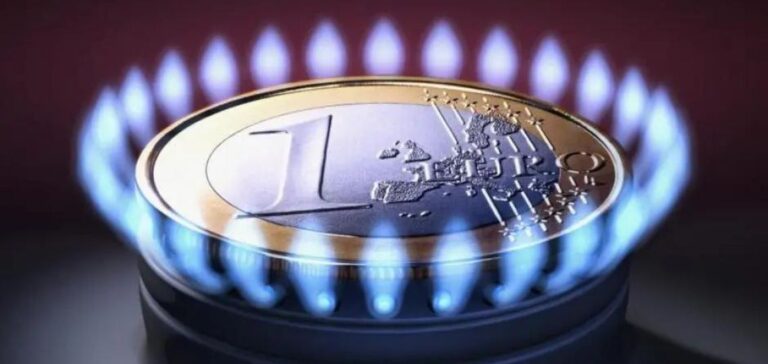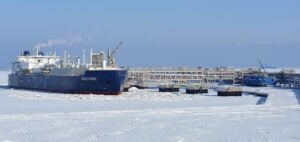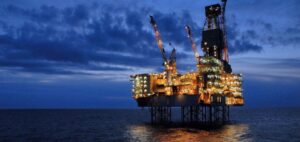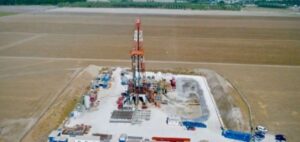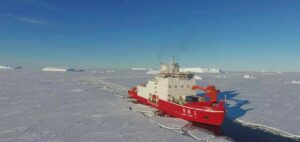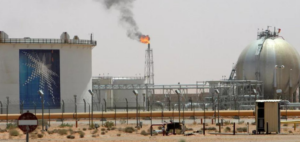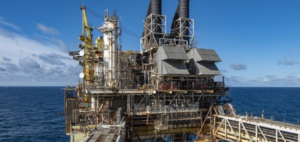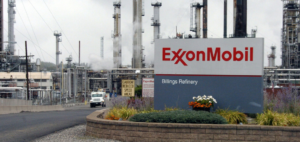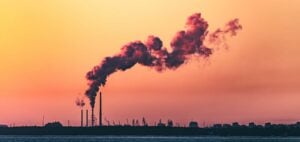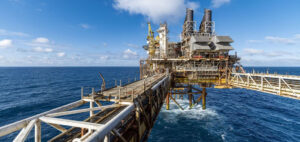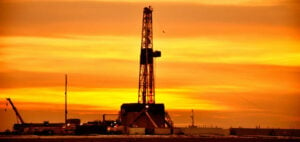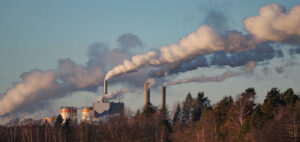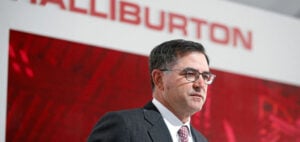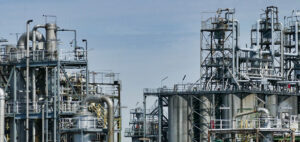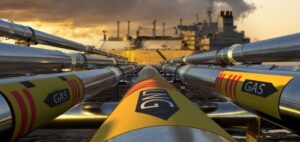European natural gas hit a new low since August 2021, despite colder temperatures. The comfortable level of storage in Europe has benefited this decline. According to analysts at Energi Danmark, this stability in gas prices is due to high storage levels as spring approaches. The mild winter has reduced the demand for heating, the main source of gas consumption for individuals. “The EU has handled the energy crisis exceptionally well,” says Ole Hvalbye, an analyst at Seb.
Europe rectifies the situation
According to Seb Group, Europe has lost more than 1,000 terawatt hours (TWh) of natural gas imports from Russia compared to normal before the war in Ukraine. However, with some weather luck and sharp reductions in demand due to high natural gas prices, Europe managed to rectify the +1,400 TWh. This will allow the Old Continent to go from gas reserves less full than their usual level to reserves “at +242 TWh above normal”, he adds.
Oil with no real trend
The oil market is moving without any real trend, caught between hopes of a recovery in Chinese demand and concerns about growth in the United States. The market is expecting another rate hike from the U.S. Federal Reserve (Fed). Prices for a barrel of North Sea Brent crude for May delivery were up 0.11 percent to $82.75, while its U.S. counterpart, a barrel of West Texas Intermediate (WTI) for April delivery, was down 0.09 percent to $76.73.
Two macroeconomic drivers now out of tune
According to SPI AM analyst Stephen Innes, the prices of the two global black gold benchmarks are caught between “two macroeconomic drivers that are now out of sync”. On the one hand, expectations of a recovery in demand from China and on the other hand, the Fed’s willingness to continue raising rates to fight inflation. The reopening of the Chinese market is offset by the chill that a further rate hike by the Fed could cast on US growth, and therefore crude oil consumption in the world’s largest economy. “Until China’s economic data improves or the Fed becomes less aggressive, oil prices could struggle in the near term,” Innes continued.


